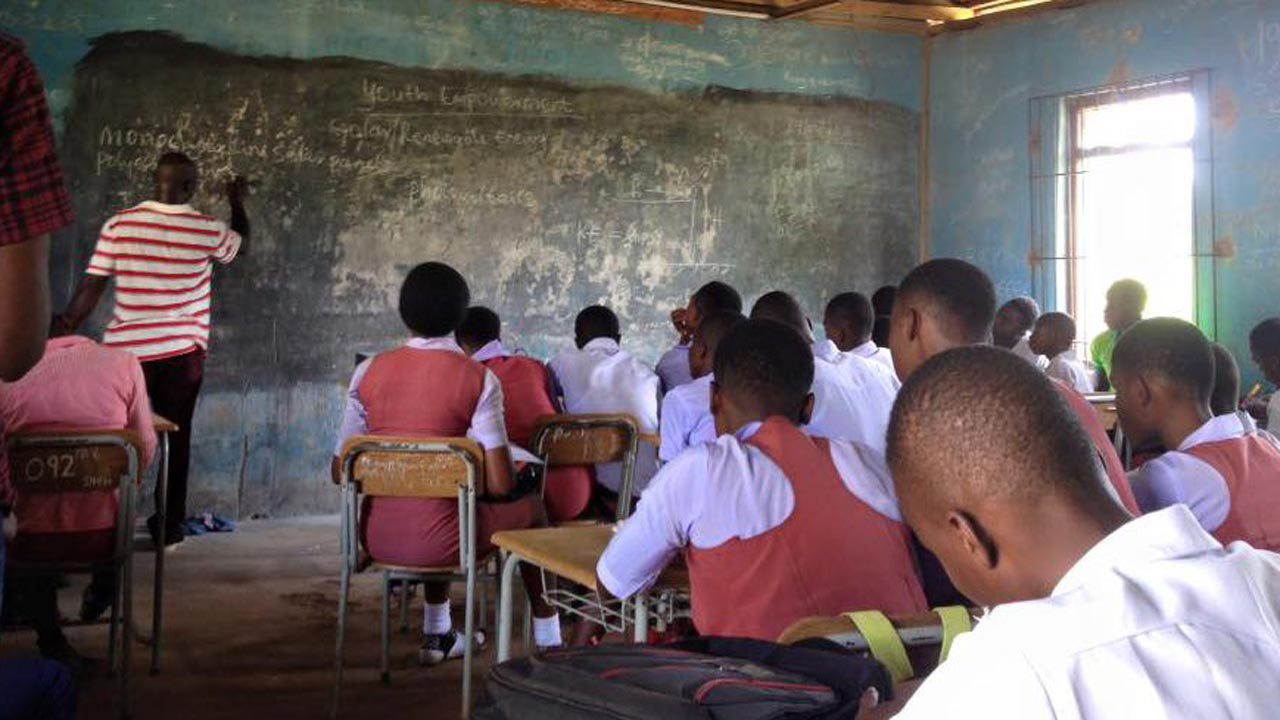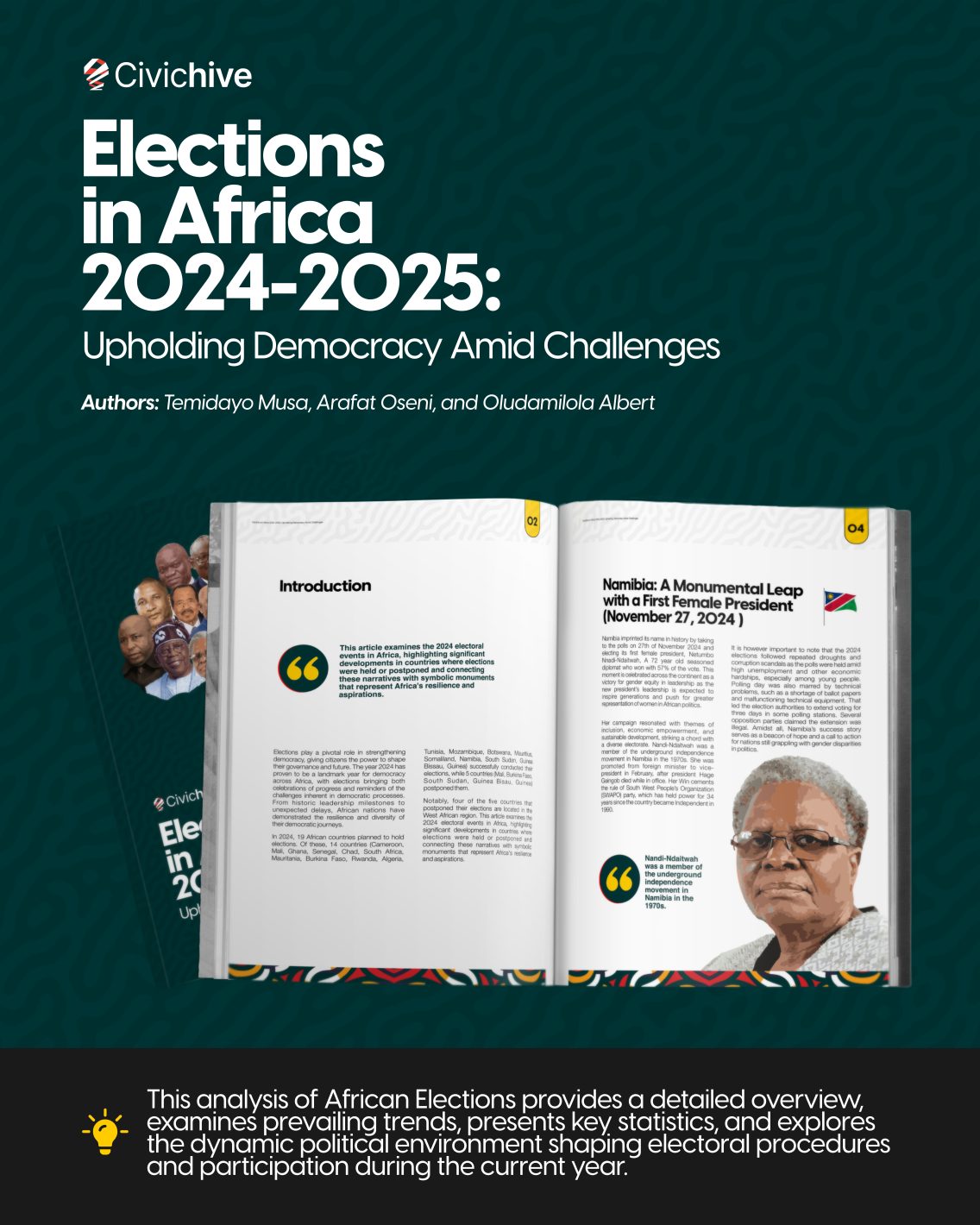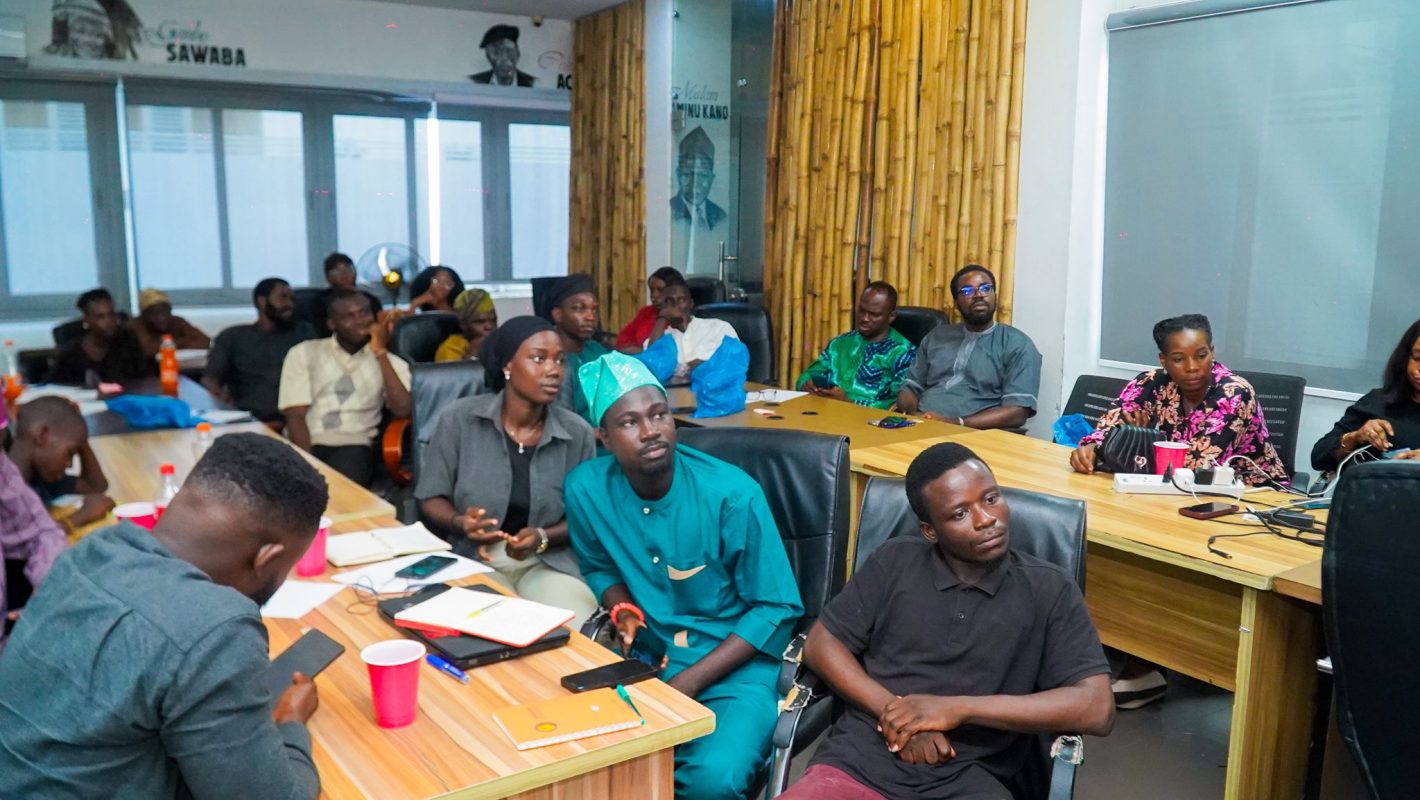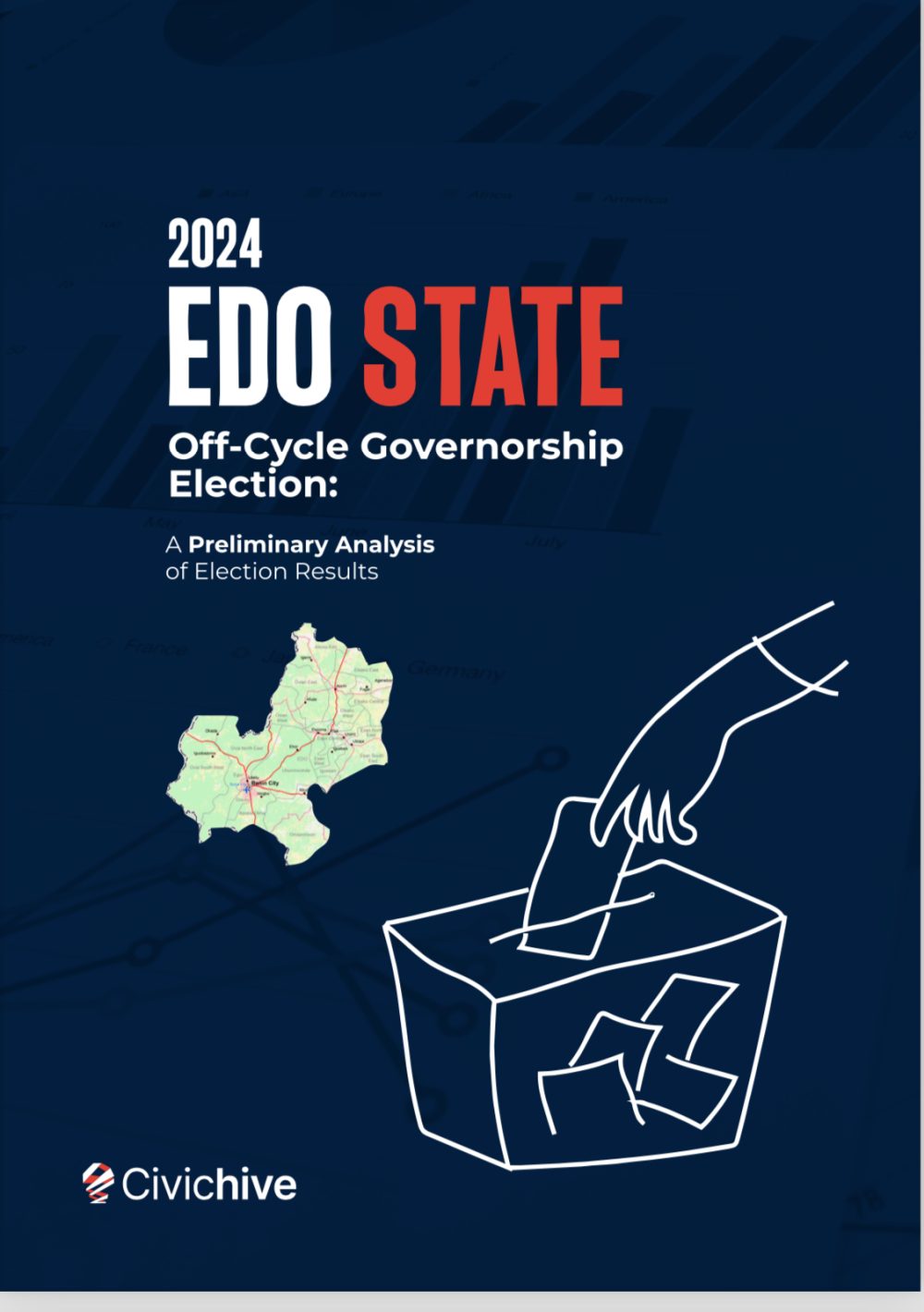As Africa’s most populous country with the largest economy and most notable democracy, Nigeria is a bell weather for the continent. A weakening economy, debilitating educational and health care system, rising insecurity and violent conflicts threaten its democratic progress.
No doubt, 2022 has been an eventful year, with several horrifying events ranging from terrorist attacks in the north to the ravaging of the “unknown gunmen” of the south eastern region of the country, who often disguise as Biafran separatists or herdsmen to perpetrate gang violence, especially kidnapping for ransom and armed robbery. No region is exempt from this precariousness. Take for instance, the upsurge of gang, cult and ritual violence in the south western part of the nation. The state of insecurity in the country has been sustained by a regressing economy, fuel problems, unemployment and a growing sense of disenchantment that the government and its representatives have not been fair to the people, thus pushing some citizens into criminal activities including violent crimes to make a living, and out of spite of a passive society. Consequently the increased state of lawlessness and violence in the country has further increased the horridness of insecurity challenges in the country.
The government at various levels, appears ill-positioned to confront the situation. The response of its various security agencies has been largely poor, ineffective and unreactive most times. Local participation in security should be encouraged, neighborhood and community vigilantes should be supported and supervised by relevant government agencies. Education is the bedrock of development for any country. According to the united nations children’s fund
(UNICEF), Nigeria has about 20 million out-of-school children as of October 2022. This figure represents 1 in 12 out-of-school children globally.
The last attempt made by president Muhammad Buhari’s led administration to tackle the menace of out-of-school children in January 2021 was through the Alternate school program. This was a year after the number of out-of-school children in the country according to UNICEF was about 10.5 million, and yet over one and a half years later after the program was launched, the number of out-of-school children was almost twice that initial figure. The current administration needs to do better in terms of making education accessible and affordable for all.
It is unfortunate that our educational system has been plagued with paucity of quality teachers, thereby leading to the production of lazy thinkers in our society. Looking into the cause of our defective educational system, it can be inferred that our teachers are demotivated by them being underpaid, thereby seeing the teaching profession as a non-rewarding one. Unmotivated teachers can be fatal to the attitude of students towards knowledge.

One important point is on the problem of infrastructure. This would matter for primary and secondary education as much as it matters for social security and improvement of quality of life. However, it is a completely different story with regards to higher level education. Lest it be forgotten, the mention of the brain drain experienced by the country has not been made. This is a matter though appearing benign, is suicidal to the state and development of the country. It only means decadence and degeneration. The human resources and investment of a nation after reaching maturity having to exported to another country for its realization. Here is the interface between infrastructure and human resources.
Infrastructure is necessary for technological research, and the booster effect of technology cannot be overstated. Infrastructure is basic and prerequisite for this sort of activity. Naturally, if the nation’s development is not impeded, it surely is developing (not meant economy-wise). And as an aside, we emphasize technology as it makes growth exponential (according to Moore’s law).
As something that has predated even the birth of the so-called Generation Z, Corruption is nothing new, and unheard of. Many leaders have tried and failed to reduce corruption at least in the highest stations of the country. It seems at least to the outside observer that as time passes, that this morbidity would remain in our midst till an ideal revolution happens. Take Nepotism for example: it plagues all levels of our society, yet it so naturally takes place. Or money laundry, where the government hasonly been recently able to curtail its effect in the light of BDCs (Bureau du Change)
and “Aboki FX”. And it appears that technology is going to be the Messiah once again with the introduction of the cashless policy. There is hope!
 This brings me to my last point: accountability. There has been no greater motivation for doing good like the glaring manifestation of the actions of the government. When the government announces its goals and direction, it makes citizens’ patience more bearable. As much hope is invested in the government as a bastion, it would be difficult for a leader to take a company of their people to a presumed promised land without explanation.
This brings me to my last point: accountability. There has been no greater motivation for doing good like the glaring manifestation of the actions of the government. When the government announces its goals and direction, it makes citizens’ patience more bearable. As much hope is invested in the government as a bastion, it would be difficult for a leader to take a company of their people to a presumed promised land without explanation.
The current administration needs to improve on the last administration’s weak capacity for planning, implementation, monitoring and evaluation by devising a means of monitoring all the programs that has been put into place to tackle every one of these issues and work with individuals that are actually interested in reviving our structures.
Sheu Aminat Labake
Agege, Lagos State.
University of Lagos.



